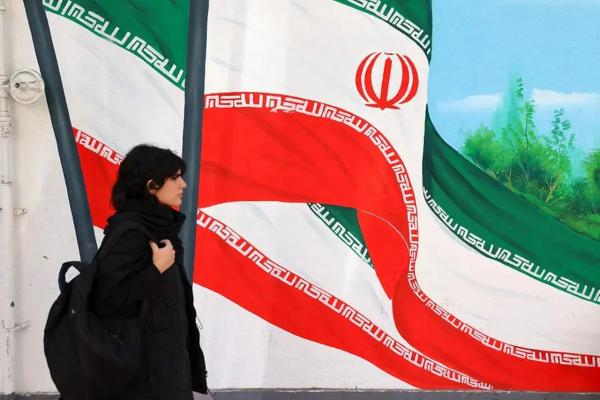

US President Donald Trump speaks about the upcoming wildfire and hurricane seasons in the Oval Office of the White House in Washington, DC, on June 10, 2025. (AFP Photo)
June 15, 2025 11:09 AM GMT+03:00
The Trump administration is evaluating a dramatic expansion of travel restrictions that could affect 36 additional countries, according to a confidential State Department memo obtained by The Washington Post.
The memo, signed by Secretary of State Marco Rubio and dated Saturday, gives the targeted nations 60 days to meet specific U.S. requirements or face full or partial visa bans. The deadline for countries to submit action plans is Wednesday at 8 a.m. GMT.
The proposed restrictions would predominantly affect African nations, with 25 countries from the continent under consideration, including significant U.S. partners Egypt, Ethiopia, and Djibouti.
The list also encompasses nations across Central Asia, the Caribbean, and the Pacific regions, with Syria, Cambodia, Kyrgyzstan, and Vanuatu among those named.
More to Read

More to Read

The State Department cited multiple justifications for the potential bans, including countries’ failure to produce reliable identity documents, widespread fraud in civil records, and high rates of visa overstays.
The memo also references the availability of citizenship through investment programs without residency requirements and allegations of “antisemitic and anti-American activity in the United States.”
Countries can avoid sanctions by presenting acceptable action plans by the Wednesday deadline or by agreeing to accept deported third-country nationals or entering “safe third country” agreements with the United States.
The proposal represents a significant escalation from a June 4 presidential proclamation that fully restricted travel from 13 countries, including Afghanistan, Iran, and Somalia, while partially restricting seven others.
The State Department declined to comment on internal deliberations, and the White House has not responded to requests for comment.
Democratic lawmakers and civil rights organizations swiftly criticized the proposal, drawing comparisons to Trump’s previous travel bans and highlighting the disproportionate targeting of African and Caribbean nations. Critics characterized the measures as discriminatory.
Former President Joe Biden had revoked Trump’s original travel bans during his administration, but Trump pledged during his campaign to restore and expand such restrictions.
The groundwork for these potential additional measures was established on Inauguration Day, when the White House issued an executive order directing federal agencies to identify countries with “deficient vetting and screening” processes. Trump previously promised the policy would return “bigger than before.”